My teacher, Zen Master Thich Nhat Hanh, is constantly reinforcing the experience that true love is make of understanding. This teaching is simple and profound.
If we don’t understand our beloved, how can there be true love? We must develop the willingness and capacity to understand the person we love. True love requires us to be totally present for the person we love.

He offers four mantras (underlined verses below) to help us be present for the person we love. In a conversation with Oprah, he said,
I’d like to talk about the mantras you just mentioned. The first one is “Darling, I’m here for you.” When you love someone, the best you can offer is your presence. How can you love if you are not there? …
You look into their eyes and you say, “Darling, you know something? I’m here for you.” You offer him or her your presence. You are not preoccupied with the past or the future; you are there for your beloved. The second mantra is, “Darling, I know you are there and I am so happy.” Because you are fully there, you recognize the presence of your beloved as something very precious. You embrace your beloved with mindfulness. And he or she will bloom like a flower. To be loved means to be recognized as existing. And these two mantras can bring happiness right away, even if your beloved one is not there. You can use your telephone and practice the mantra…
The third mantra is what you practice when your beloved one is suffering. “Darling, I know you’re suffering. That is why I am here for you.” Before you do something to help, your presence already can bring some relief…
Yes. And the fourth mantra is a little bit more difficult. It is when you suffer and you believe that your suffering has been caused by your beloved. If someone else had done the same wrong to you, you would have suffered less. But this is the person you love the most, so you suffer deeply. You prefer to go to your room and close the door and suffer alone…
You are hurt. And you want to punish him or her for having made you suffer. The mantra is to overcome that: “Darling, I suffer. I am trying my best to practice. Please help me.” You go to him, you go to her, and practice that. And if you can bring yourself to say that mantra, you suffer less right away. Because you do not have that obstacle standing between you and the other person.
With Mother’s Day coming next Sunday, these mantras are certainly wonderful to study, practice and observe with the ones we love.
Barbara Fredrickson is a Professor of Psychology and director of the Positive Emotions and Psychophysiology Laboratory at the University of North Carolina at Chapel Hill. Her article on “10 things you might not know about love” is on the CNN website. She is the author of a new book on love titled, “Love 2.0: How Our Supreme Emotion Affects Everything We Feel, Think, Do, and Become.”
The following list is a quote from the article and Barbara Fredrickson’s book:
- It can be hard to talk about love in scientific terms because people have strong pre-existing ideas about it.
- Love is not exclusive.
- Love doesn’t belong to one person.
- Making eye contact is a key gateway for love.
- Love fortifies the connection between your brain and your heart, making you healthier.
- Your immune cells reflect your past experiences of love.
- Small emotional moments can have disproportionately large biological effects.
- Don’t take a loving marriage for granted.
- Love and compassion can be one and the same.
- Simply upgrading your view of love changes your capacity for it.
Looking at this list, what do you find in common with the four mantras? Are there any items that surprised you? Please share you insights with me and my readers.
Get This For
Your Mother or
Your Wife!
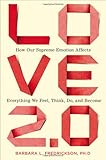
I have not read this book, but from the looks of things, it is probably wonderful. Let me know what you think.


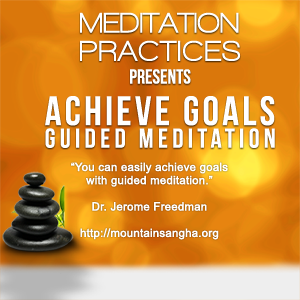
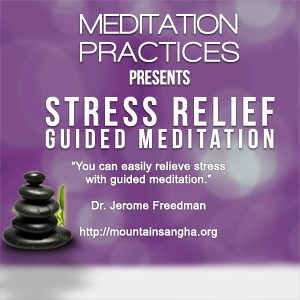

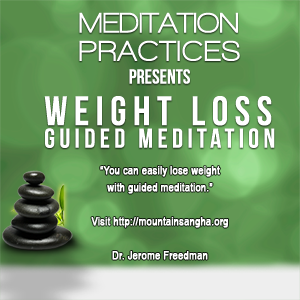




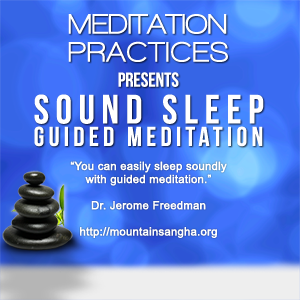
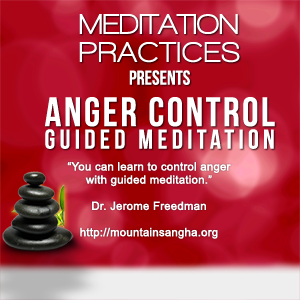

You must be logged in to post a comment.